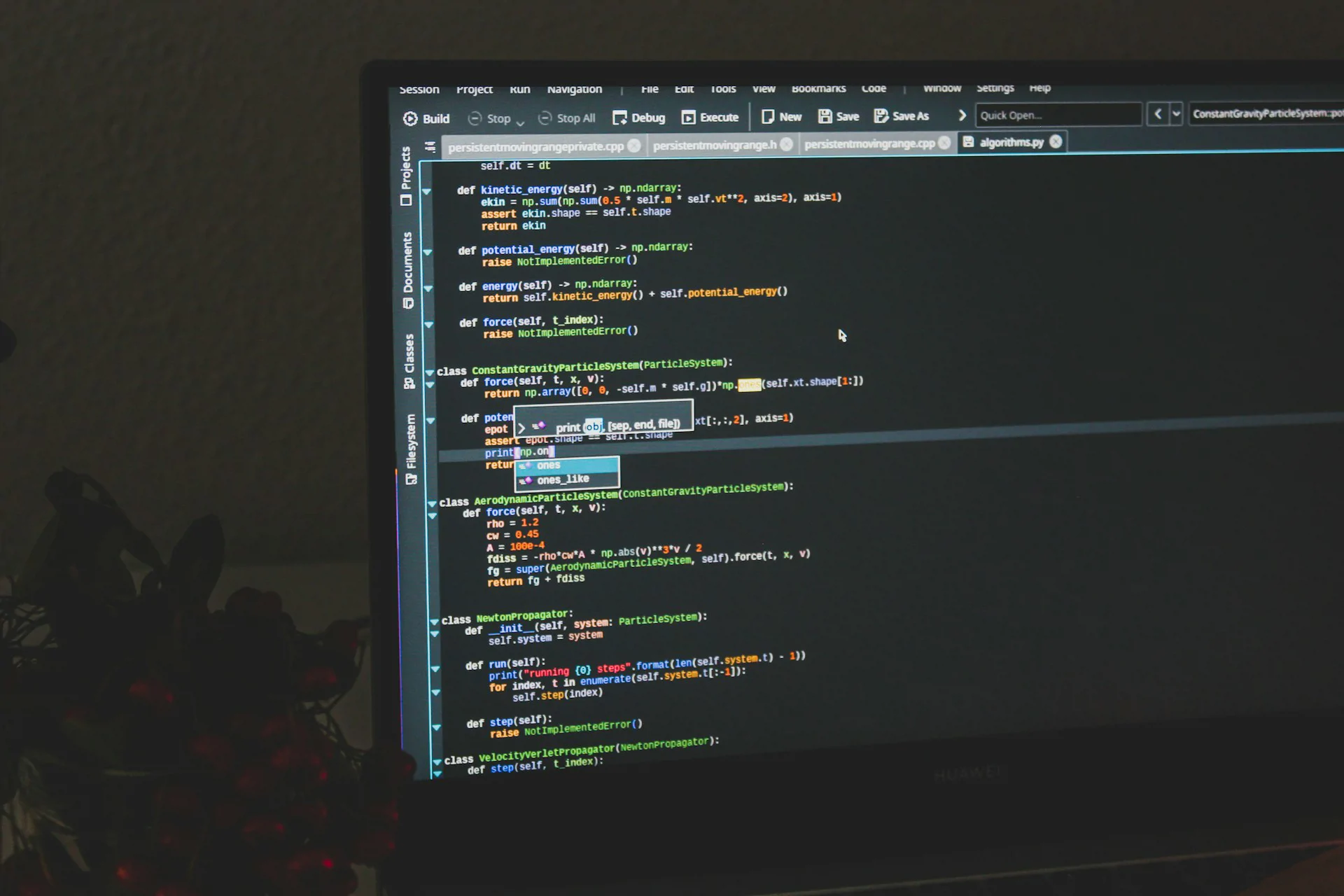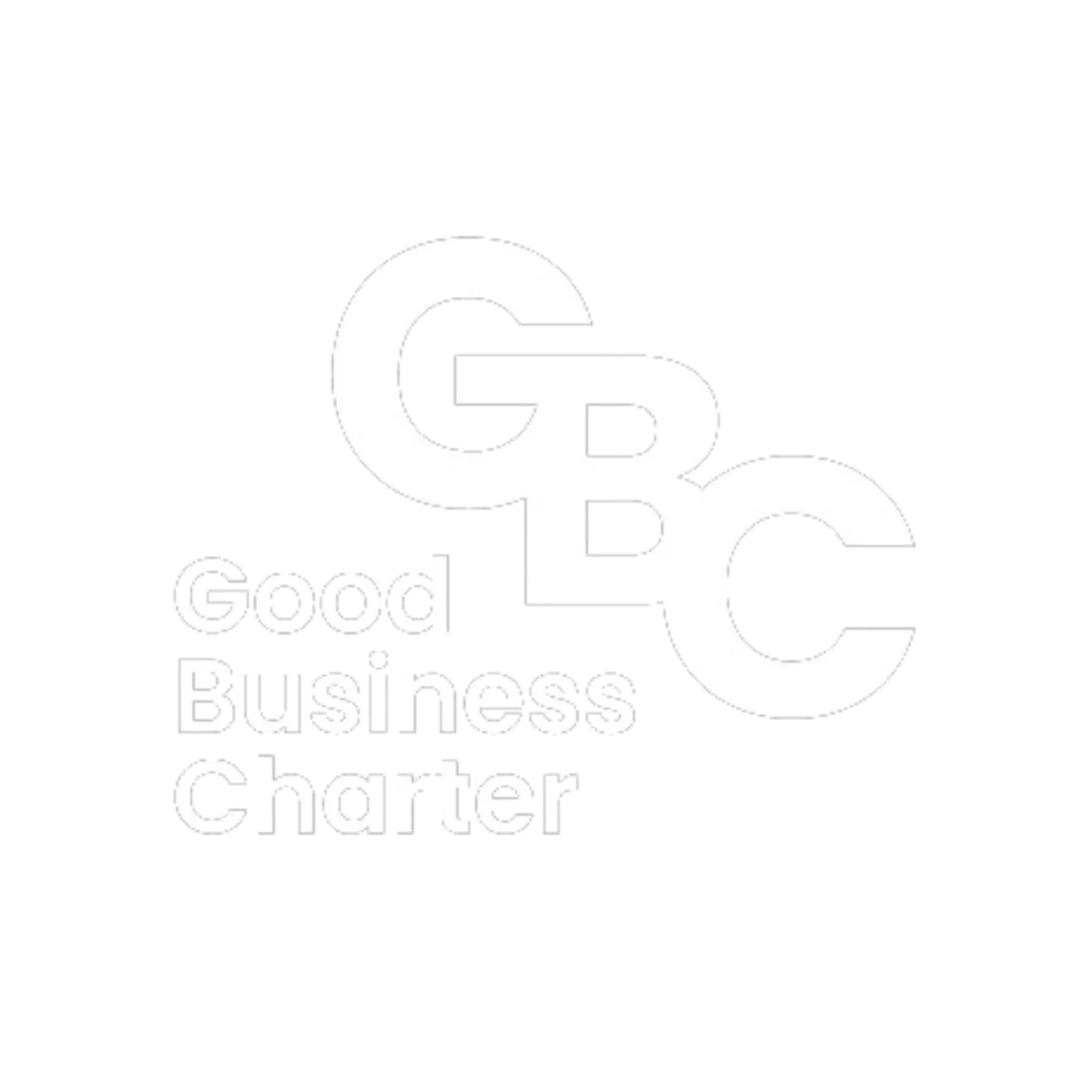How to Evaluate Candidates for AI Job Requirements
02 Jun, 20257 MinutesThe demand for artificial intelligence (AI) professionals continues to grow, and so does the...

The demand for artificial intelligence (AI) professionals continues to grow, and so does the challenge of identifying the right candidates for AI jobs. Employers not only need to evaluate technical skills but also figure out whether someone can adapt to a fast-moving field. Success in this area requires a structured approach that highlights potential, adaptability, and problem-solving capabilities.
If you’re wondering where to start, here are practical tips to help you evaluate candidates for AI job requirements:
Key Indicators of Adaptability in AI Jobs
Pinpointing the traits of an adaptable AI professional can feel overwhelming, but keeping an eye out for the right qualities makes all the difference. Here are the key indicators to assess when hiring for AI jobs:
Commitment to Ongoing Learning
Adaptable candidates know that staying relevant in AI requires continuous learning. This field changes rapidly, so those who are proactive in gaining knowledge are more likely to thrive. To assess this, ask candidates about recent certifications, courses, or technologies they’ve explored.
You could also inquire about their self-teaching habits. Do they read research papers? Have they participated in online AI forums or communities? These efforts highlight their enthusiasm for staying current with AI job requirements. Look for evidence that they’re genuinely interested in expanding their knowledge versus only acquiring skills to check boxes.
Problem-Solving Capabilities
When hiring for AI jobs, the ability to solve real-world problems is a must. AI professionals often encounter challenges that don’t have straightforward answers. Assessing this capability can be achieved through structured AI technical assessments. These tests can simulate real scenarios, such as optimizing a machine learning model or debugging algorithms.
When used effectively, these assessments reveal how candidates think through problems and whether they manage ambiguity with skill and confidence. The focus shouldn’t just be on their solution but also on their approach. How well do they analyze challenges? What methods do they use to reach conclusions? With AI jobs focusing on innovation, this problem-solving mindset is critical.
Collaboration and Teamwork
AI engineers rarely work in isolation. They collaborate with other departments to turn ideas into functional products. Whether it’s working with data analysts, product managers, or ethics teams, collaboration skills are non-negotiable. As part of your evaluation, ask them to describe how they’ve worked on group projects in the past.
For example, you can ask questions like, “Can you describe your role in a cross-functional AI project?” or “What’s an example of resolving a team conflict while working on an AI solution?” Their responses will reflect how effectively they can work with others to achieve shared goals.
Curiosity and Exploration
Some of the best candidates bring a natural curiosity about AI and its possibilities. During interviews, pay attention to whether they show an interest in emerging trends or niche topics. For instance, a strong candidate might casually reference advancements in generative AI or explore ethical AI challenges. Individuals who proactively explore new ideas are often better prepared to adapt to whatever changes come next in AI job requirements.
Additionally, their ability to explain complex AI topics in simple terms can serve as another clue to their curiosity. Simplifying difficult-to-understand concepts demonstrates a deep grasp of the subject, not to mention an ability to communicate well across diverse teams.
Versatility with Tools and Technologies
Many AI jobs require expertise in specific tools or coding languages, but versatility is equally important. Candidates who can work across multiple frameworks and languages show that they’re adaptable and willing to take on new challenges. While experience with TensorFlow or PyTorch is valuable, don’t discount candidates who’ve picked up less common tools or demonstrated the ability to learn new platforms quickly.
Expand your evaluation by asking them how they’ve approached learning unfamiliar tools in the past. Did they pick it up on the job, take structured courses, or build small personal projects for practice? Their answers will help you understand their willingness to step beyond their comfort zone.
To learn more on the AI recruitment process, discover our insightful guide - How to Define AI Job Requirements When Your Needs Are Still Evolving.

Best Practices for Evaluating AI Engineers' Potential
Now that we’ve outlined the traits to look for, it’s time to focus on how you can bring these assessments to life. The demand for skilled AI professionals is fueling a competitive hiring market, leaving many companies facing AI hiring challenges. But with the right approach, you can make more confident hiring decisions.
Develop Tailored AI Technical Assessments
Using a generic approach to screening candidates won’t help you find the right person for an AI role. AI technical assessments should always align with the requirements of the job. If you’re hiring for a role in natural language processing, the assessment could involve building a simple text-generation model or working with language datasets. On the other hand, a computer vision role might involve analyzing images or building facial recognition models.
Make sure to include more than just coding tasks. Adding exercises like data-cleaning challenges or problem-solving scenarios will give you a clearer picture of how well candidates can handle real project demands. By personalizing each assessment to the specific AI job requirements, you’ll capture a more accurate representation of a candidate's abilities.
Behavioral and Situational Interview Techniques
AI jobs demand both technical expertise and creativity. While technical assessments reveal hard skills, behavioral interviews help fill in the broader picture of a candidate’s personality, adaptability, and communication style.
During these interviews, focus on hypothetical scenarios or past experiences. For example, you might ask a candidate, “Tell me about a project where the outcome didn’t go as planned. What steps did you take to turn things around?” Or, “How do you stay engaged in understanding current AI trends, and how has that influenced your decision-making in a past project?”
Through targeted questions, you can uncover valuable insights that reflect their attitudes, creativity, and ability to adapt to change.
Simulated Work Samples
While tests and interviews are helpful, seeing candidates in action is even better. Give them a project to complete that mirrors real-life AI job requirements. For example, try assigning them a task like building a machine learning algorithm within a limited period. This format allows you to observe their approach, attention to detail, and ability to manage time.
By replicating real scenarios, you can assess how well candidates balance deadlines, accuracy, and innovative thinking. It’s also an opportunity to gauge how much they enjoy solving complex problems when left to their own creativity.
Why Partnering with an AI Staffing Agency Makes Sense
If navigating the hiring process sounds challenging, you’re not alone. Evaluating candidates for AI job requirements requires time, expertise, and the ability to ask the correct questions. That’s why many companies are turning to AI staffing agencies to improve their hiring process.
Access to Expert Networks
AI staffing agencies specialize in connecting companies with professionals who meet their unique needs. Unlike internal hiring teams that might rely on publicly available applicants, AI staffing agencies have access to exclusive, pre-vetted networks. These networks consist of professionals who may not be actively applying for jobs but are open to the right opportunities.
Tailored Screening Processes
One of the most frustrating AI hiring challenges is sifting through resumes that don’t provide enough insight into a candidate’s adaptability. AI staffing agencies streamline this process by handling the initial screening for you. They often conduct AI technical assessments, review work samples, and check references before presenting candidates to their clients.
This saves companies countless hours and ensures that only qualified candidates are presented, reducing the risk of mismatches.
Industry Insights
Hiring for AI is highly specialized. AI staffing agencies bring deep, industry-focused knowledge that helps them evaluate whether someone aligns with specific AI job requirements. They also provide expert advice on salary expectations, skills in demand, and how to conduct effective interviews. This kind of expertise is invaluable, especially for companies new to hiring in the AI space or those building teams from scratch.
Focus on Long-Term Fit
Beyond solving short-term hiring demands, AI staffing agencies invest in creating long-term matches between employers and candidates. Their understanding of both technical skills and cultural fit allows them to connect businesses with candidates who have the potential to grow with the company over time.
Actionable Takeaways to Upgrade Your AI Hiring Process
Evaluating candidates for AI job requirements involves much more than assessing their technical skills. From ensuring adaptability through ongoing learning to gauging problem-solving capabilities and teamwork, each aspect plays a crucial role in identifying the right talent. Recognizing curiosity and versatility in tools further enhances your ability to recruit professionals capable of thriving in this dynamic field.
Success in AI hiring hinges on a structured and tailored approach. Custom technical assessments, behavioral interviews, and simulated work samples provide actionable insights into a candidate's potential. Additionally, leveraging the expertise of AI staffing agencies can streamline the process, helping you connect with top-tier talent while saving valuable time.
By adopting these strategies, you’ll not only find candidates who meet your current requirements but also those who can adapt and grow. Commit to refining your hiring practices, and you’ll build a team that drives innovation and long-term success.
Start Hiring Right
If you’re ready to elevate your AI hiring process, Franklin Fitch is here to help. With unmatched expertise, access to exclusive professional networks, and tailored advice, we make identifying top AI talent seamless and efficient. Don’t leave your hiring strategy to chance.
Contact us today to build an AI team that delivers.










